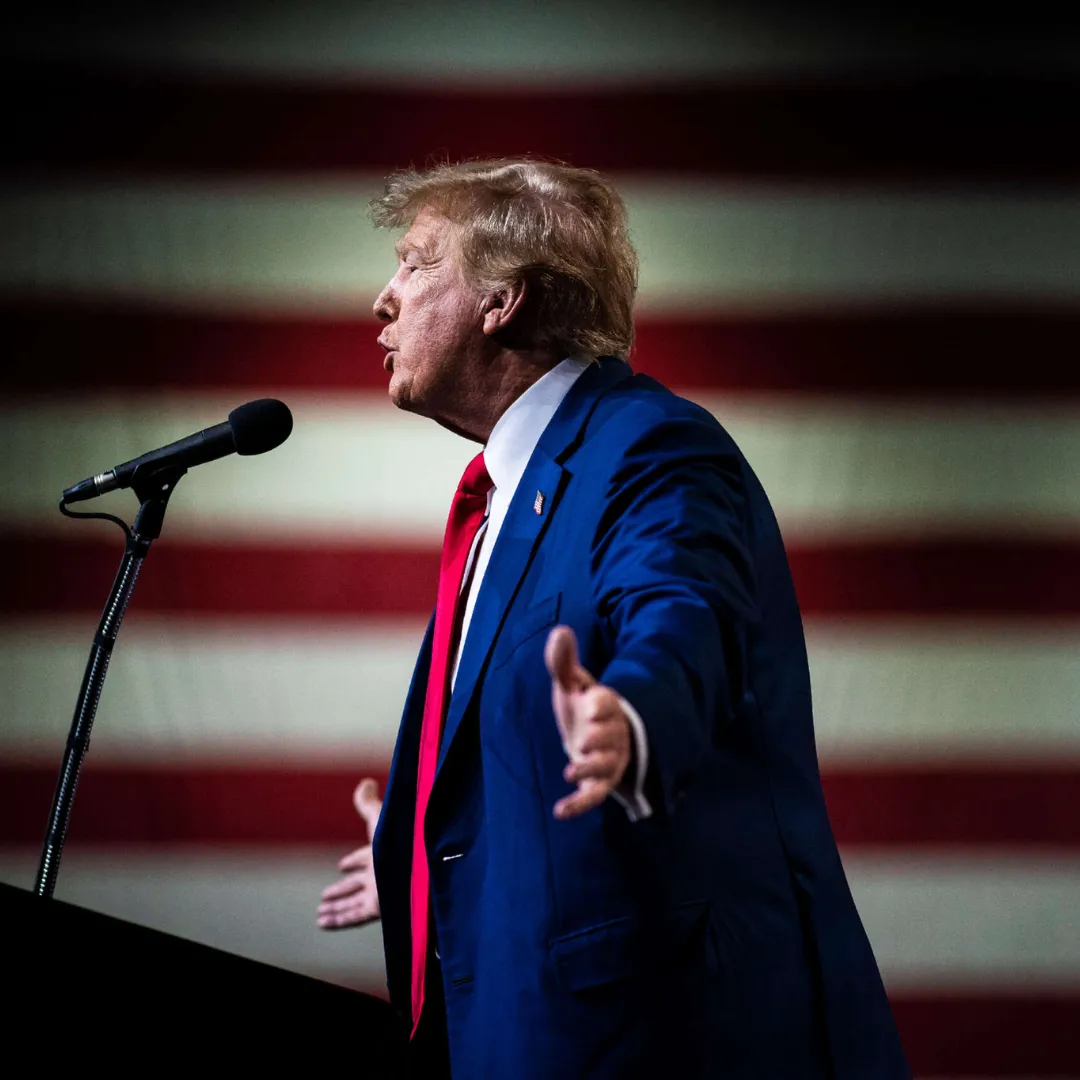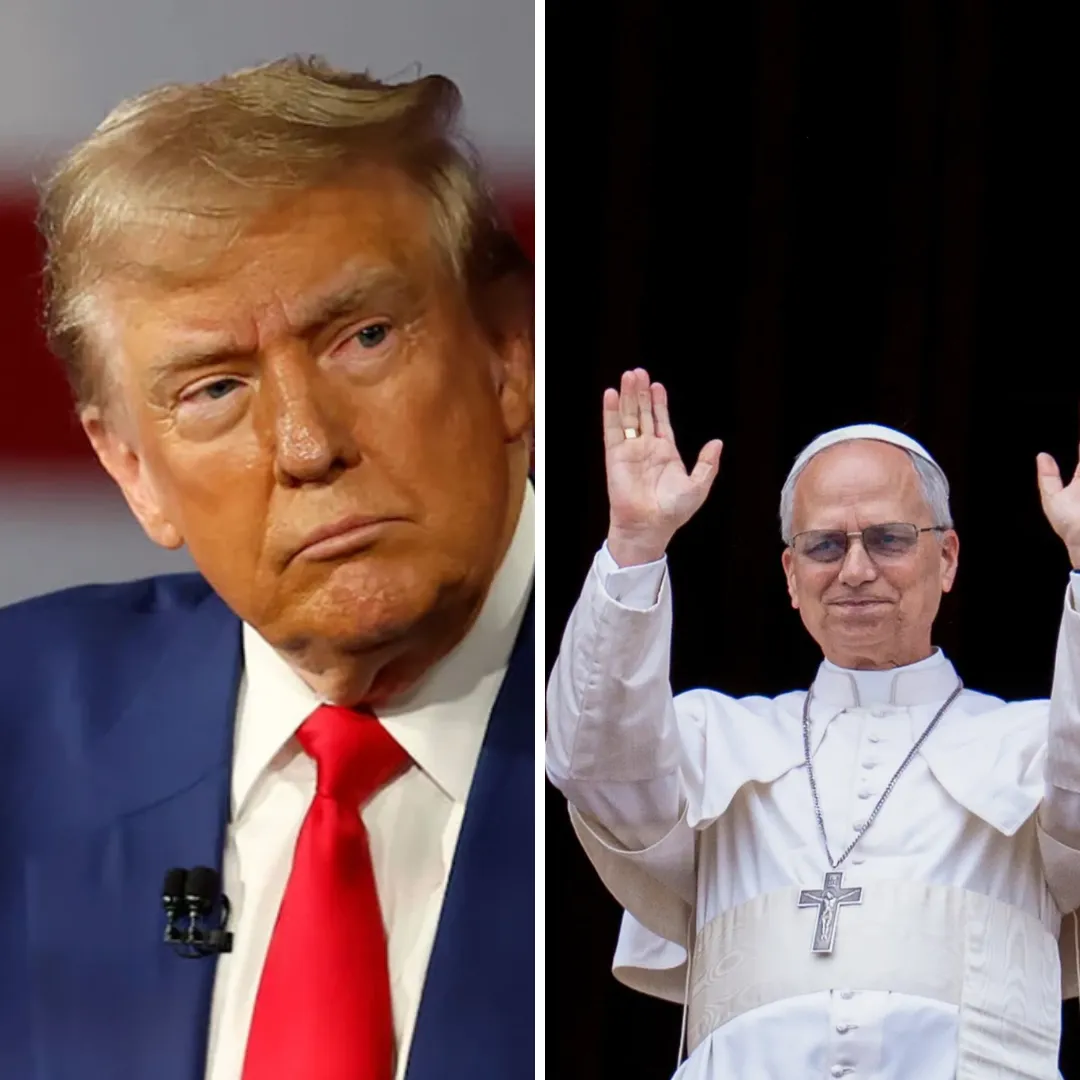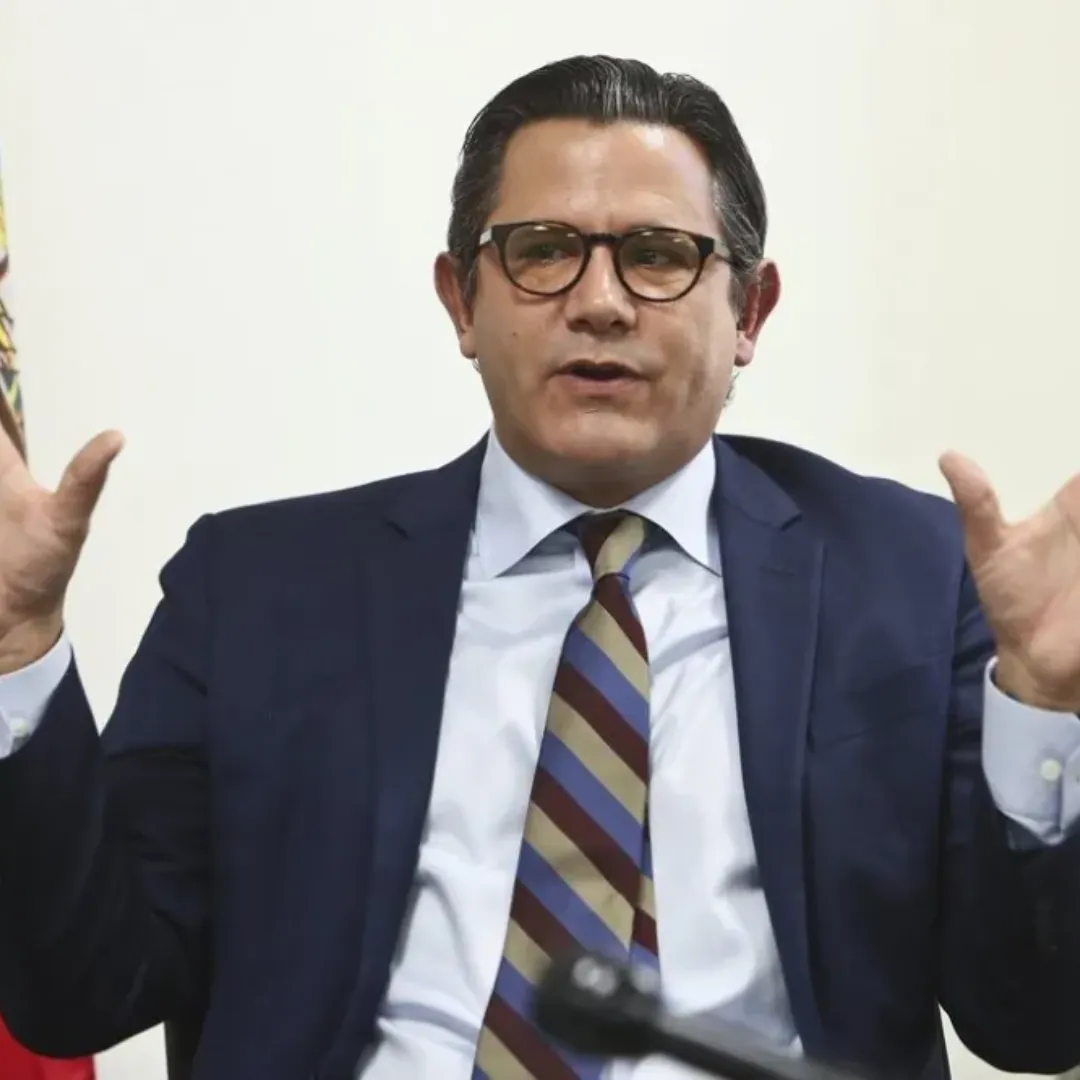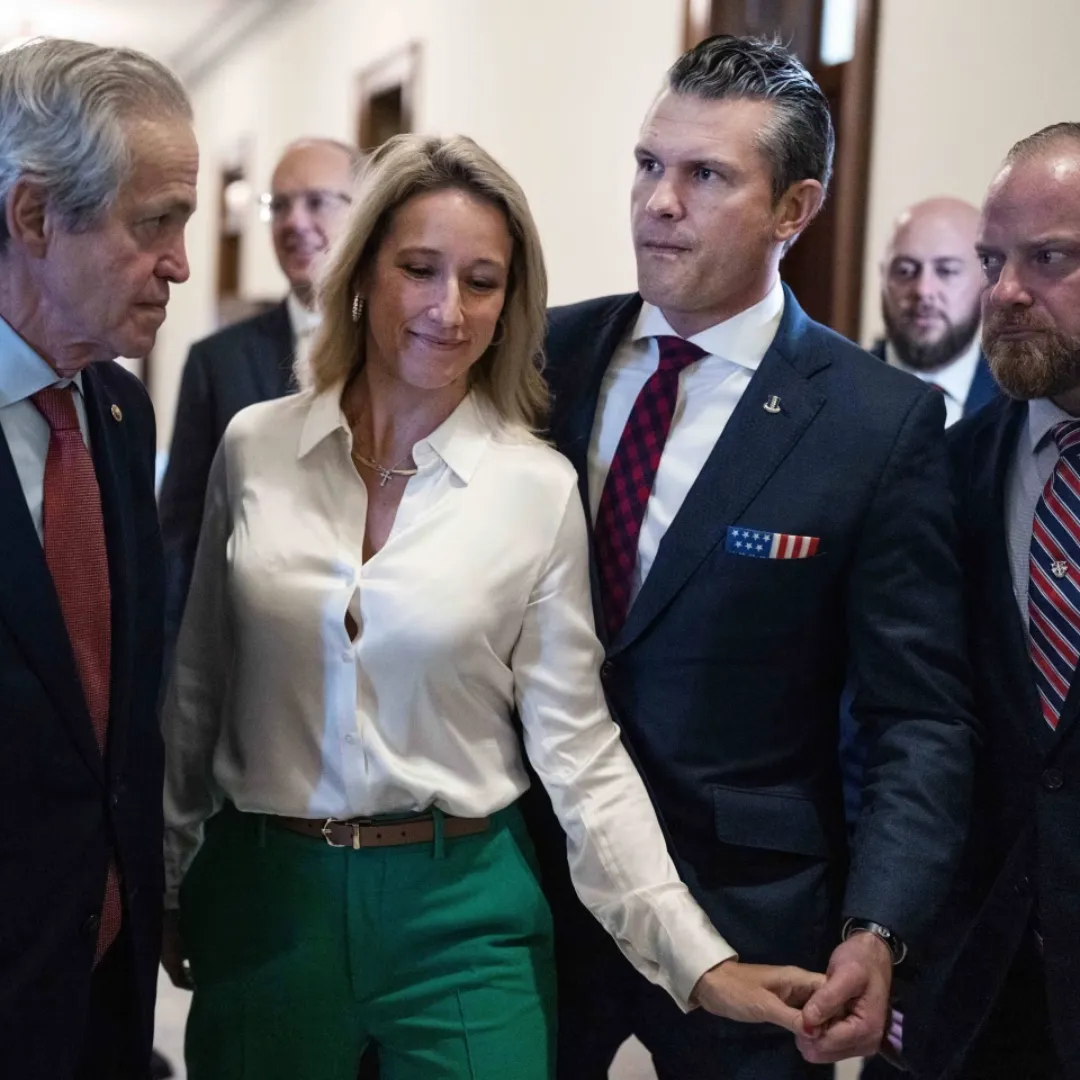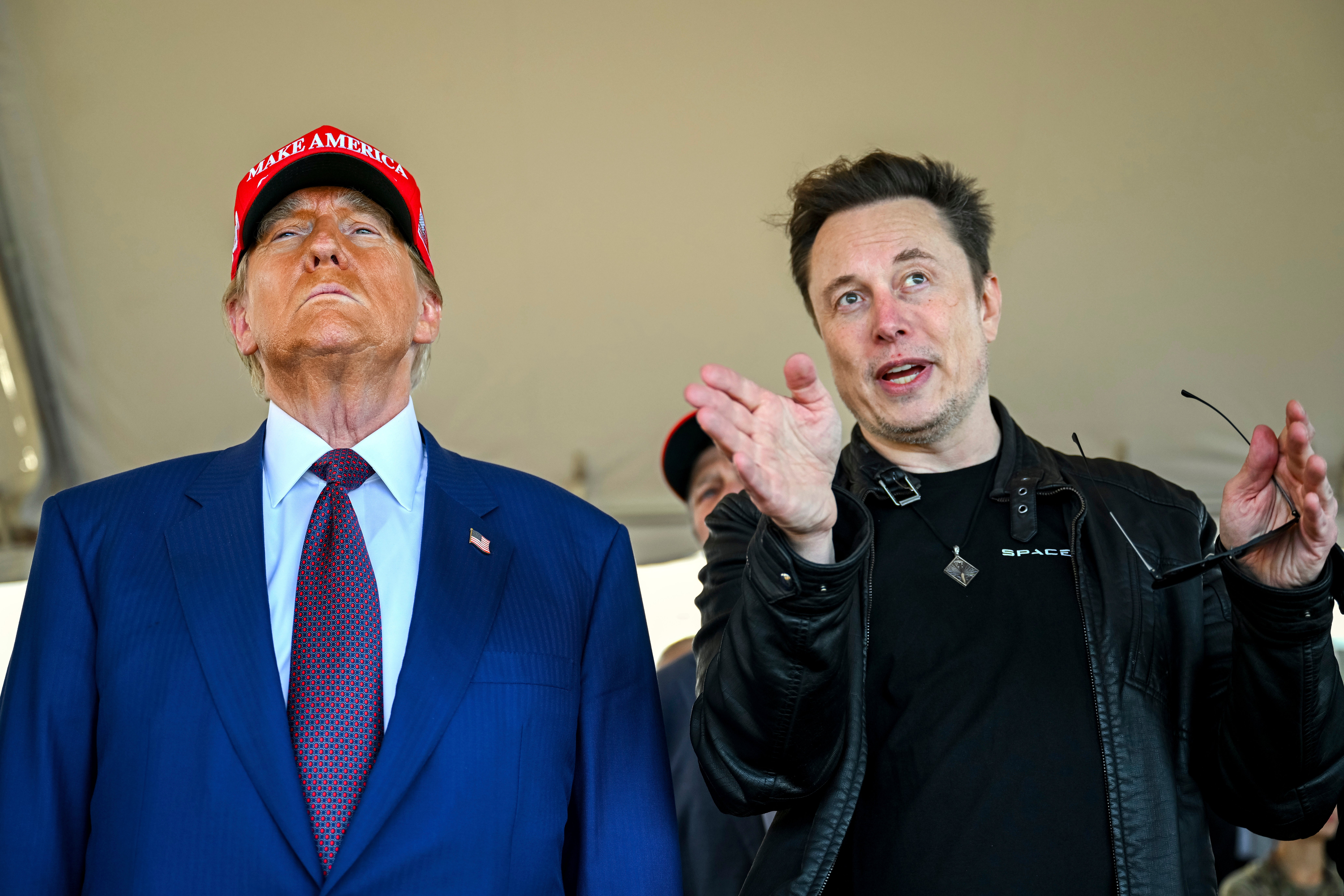
As the nation continues to grapple with serious economic strain, federal program cuts, and growing unease about the future of civil services, one of the most powerful unelected figures in Washington is not talking about any of that. Instead, Elon Musk is once again talking about himself.
In an interview set to air Saturday night on Fox News’s “My View with Lara Trump,” Musk attempted to defend a controversial gesture he made during a post-inauguration event in January — one that critics have compared to a Nazi salute.
The tech billionaire and head of multiple companies, who has also been leading President Donald Trump’s Department of Government Efficiency (DOGE), insisted that the image of the gesture was misinterpreted and amplified by what he called “relentless propaganda” from the media.
“It’s disappointing how well propaganda works,” Musk said in the interview. “If you repeat a lie — you know, the sort of ‘he’s a Nazi’ lie — enough times, some people actually believe it, especially people that still believe the legacy news.”
For context, the AI-enhanced image of Musk raising his arm during the event was widely circulated, with many critics noting the eerie resemblance to historical fascist gestures. The backlash was swift, particularly from civil rights groups and critics of Musk’s growing influence in both domestic and international politics.
But Musk, never one to accept public criticism without counterattacking, has used the interview to reframe himself as a victim — not of scrutiny or accountability, but of what he believes is a coordinated campaign to smear him.
“Obviously, I’ve not harmed anyone in my life, so it’s an outrageous thing to claim that I’m a Nazi,” Musk told Lara Trump, daughter-in-law to the president and now the latest face of the administration’s effort to soften its image through friendly interviews.
The Fox News segment is the latest attempt by Musk to salvage his public standing, which has taken a hit not just from the salute controversy, but from growing discontent over his leadership of DOGE.

Under Musk’s direction, DOGE has led some of the most sweeping layoffs in federal government history, gutting programs that served millions of Americans and hollowing out entire departments in the name of “efficiency.”
The Department of Education saw a 40 percent staff reduction. The Environmental Protection Agency’s regional offices have been merged and shut down. And funding to public health programs has been slashed across the board.
As the man at the helm of these moves, Musk has not only embraced the criticism, he has turned it into a personal crusade — framing every policy reversal, job cut, or funding slash as a battle against what he describes as entrenched waste and inefficiency.
He has also made a habit of lashing out at his critics — including lawmakers, journalists, and even foreign governments — in ways that often seem less like principled defense and more like trolling.
“If they could press a button and kill me, they would,” Musk said in the interview. “But since I’m a little difficult to kill, they are doing character assassination instead.”
While some Trump loyalists have backed Musk’s claims, others have grown concerned that the tech mogul’s theatrical defensiveness is becoming a distraction from the administration’s broader goals.
Yet that hasn't stopped Musk from casting himself as a martyr of modern politics, a brilliant visionary being smeared for daring to question the status quo.
The irony is that Musk, one of the wealthiest individuals on Earth, is hardly an outsider. He has access to the president, influence over domestic policy, and a direct hand in shaping the future of American bureaucracy.

His critics argue that portraying himself as a victim, while simultaneously cutting services to the poor and middle class, is both disingenuous and dangerous.
Meanwhile, Musk’s relationship with Trump remains a cornerstone of his public persona. In the interview, he repeatedly praised the president and described their alignment on most major issues.
“I do consider the president a friend. I think he considers me a friend and we get along very well,” Musk said. “I think probably if you asked us both the same set of questions in two different rooms, 80 percent of the time we would come up with the same answer.”
That percentage, while pulled out of thin air, reflects the narrative Musk is trying to build — that he is not only close to Trump, but essential to the success of his second term.
In return, Trump has publicly said Musk can continue working as a special government employee “as long as he wants,” even as critics raise ethical and legal concerns about how much influence one private citizen should have over government operations.
The interview took place as Musk’s special employment status is set to expire on May 30. Whether he will formally stay on or continue to operate in a more informal capacity remains to be seen.
But for now, his grip on Washington is stronger than ever — bolstered by an administration that appears more interested in loyalty and spectacle than policy or competence.
Musk’s statements also drew attention for the way he brushed off recent criticism of his influence in foreign elections. His public support of candidates in Germany, coupled with his growing network of digital platforms and satellite infrastructure, has triggered anxiety among international watchdogs and democratic allies.

Domestically, Musk remains a lightning rod. Progressive lawmakers have called for investigations into DOGE’s activities, citing Musk’s tendency to implement major changes without oversight or accountability. Democratic leaders have also raised alarms about his access to government data and communications infrastructure.
While Musk continues to promote his policies as tools for fiscal responsibility, the real-world consequences have been harder to ignore. In communities across the country, workers have been laid off from agencies that were once considered essential.
Local governments have been forced to scramble for resources. And public servants, many of whom spent years building programs from the ground up, have found themselves dismissed with little warning.
Despite this, Musk insists that what he is doing is in the best interest of the American people. “We have to modernize,” he said. “We have to think about how we can do more with less. That’s what DOGE is about.”
Critics argue that DOGE is less about doing more with less and more about making less available to those who need it most. The tech billionaire’s vision of government may be lean and digital, but it is also, in the eyes of many, deeply indifferent to the human impact of his policies.
Still, Musk shows no sign of slowing down. With Trump’s full backing, a media empire at his fingertips, and legions of online supporters ready to dismiss any criticism as a political attack, he continues to enjoy a level of power and influence that few outside the Oval Office have ever held.
Whether the American public continues to accept his version of events — that he is the embattled reformer being attacked for saving the country — or begins to push back against the spectacle remains to be seen.

But for now, Musk’s message is clear: he is not going anywhere, and the real problem, as always, is everyone else.
